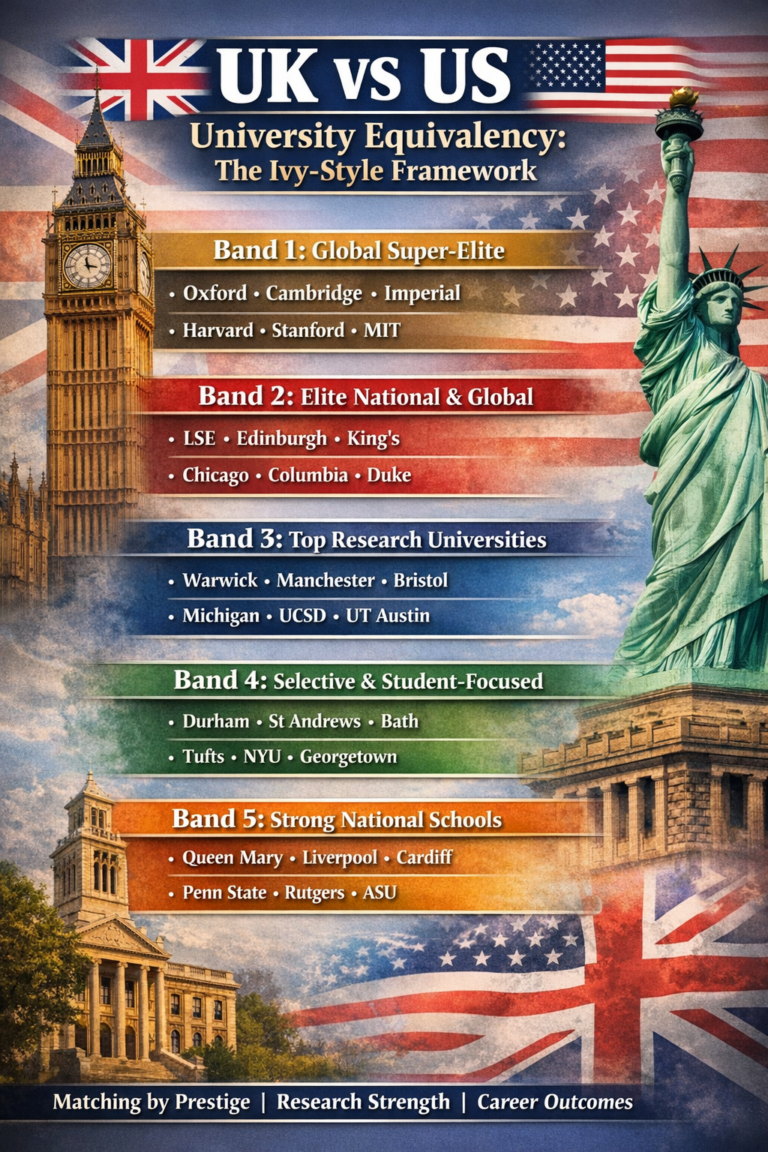Need Blind vs Need Aware
You may have come across these two terms when looking for colleges that offer financial aid and wondered what exactly they mean. These describe how universities and colleges view the financial needs of students during their admission process. Somehow colleges do not discuss the topic of financial aid explicitly, because it is a hard choice for them to make. Most colleges, however, choose one of the options. At Ivy Central, our primary aim is to disseminate as much information as we can for parents and students since finance is a big part of college planning. Understanding the definitions of these terms will help you navigate your way through the financial implications of attending a four-year college in the USA.
Understanding Financial Aid in Context
One has to view financial aid in the context of universities which are fundamentally mission-driven institutions of higher learning. The tussle of managing their increasing costs is a strain on their fiscal budget.
Need Blind
A need-blind school does not take into account applicant’s financial needs when they are evaluating the application. As a result, this policy ensures that meritorious applicants are assessed on their academic and extracurricular. There are quite a few colleges in the US that are need-blind for international students. However, proper research is required before you decide to apply to the school.
Is the college a right fit: We always emphasize that students research the fit of a college before making any decision. Considering aspects like school location, campus culture, academic standards, programs offered, financial aid policies, etc. It is essential to align your profile to as an ideal candidate for the university.
Research the school’s admissions website: Before you make your short list of colleges, ensure you have researched the admission policies of the college about their commitment to financial aid. If you are unable to visit the school, attending webinars and information sessions gives you great insight into the college. You can ask some pertinent questions regarding financial aid to the admissions officers. They are more than willing to answer these questions.
Read More: A Guide To CSS Profile
Use the School’s Financial Need and Tuition Calculator. Most, schools have tuition calculators on their university website for public use. By using these calculators you can gauge the estimated cost of attending as an international student. Keep referring back to the university websites to check if there is any change in their policies. On Wednesday Notre Dame University announced that they would be going need-blind from the 2024 admission cycle. International Students | Apply or Renew | Office of Financial Aid | University of Notre Dame (nd.edu). The flip side of the announcement is that there may be a spike in the number of students applying to the college.
Need-aware
Need aware schools take an applicant’s financial need into account when evaluating their application. But do know that your financial needs will not be the biggest consideration in determining if you’ll be accepted. If you are a deserving student, you can get admitted regardless of your financial situation. You should not feel that requiring aid does not make you a naturally disadvantaged candidate. Some need-aware schools may practice need-based admission in a limited capacity, affecting only a small percentage of applicants, while others may practice it more extensively.
Ivy Central’s Advice:
Contrary to the perception: just because a university is need-blind doesn’t mean tuition is free. In no way does it mean that your financial aid package will be positively impacted. The only thing need-blind means is that your financial needs aren’t looked at during the application process. There is no guarantee that Need-blind schools will give you more or better financial aid. It’s perfectly possible for a need-aware school to offer you more scholarships than a need-blind school would.
You must remember that need-blind schools are often highly competitive and selective, so overall you have to be a very strong candidate. Maintaining high grades in school along with doing meaningful extracurricular activities will help strengthen your case for aid.
If financial aid is a non-negotiable part of your application to colleges, it would be better to apply to the need-blind schools. You can be assured of an unbiased evaluation. Reaching out to financial aid offices and seeking guidance on the aid process will enable you to plan your application and tailor your situation. Regardless of whether you apply to need-blind or need-aware schools, it is essential to research each institution’s financial aid policies and offerings.
Connect with your counselor and learn from their experience to be able to apply to the right schools.








